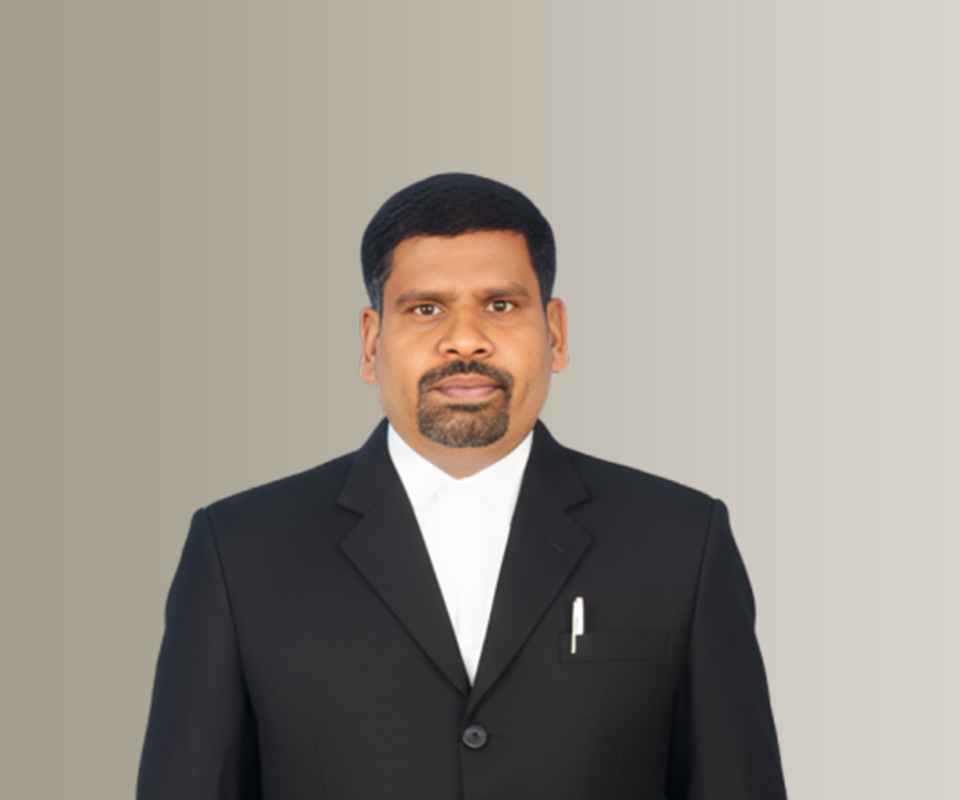Answer By law4u team
The Armed Forces Tribunal (AFT) is a specialized judicial body in India that handles cases related to the Indian Armed Forces. If a member of the armed forces believes that they have been wrongfully discharged or dismissed, they have the right to challenge such decisions through the AFT. The tribunal ensures that justice is served in cases where military laws or service rules are violated during the discharge process.
Steps to Approach the Armed Forces Tribunal for Wrongful Discharge
Review Service Records and Discharge Orders:
The first step is to thoroughly review your service records and the discharge order to understand the reasons provided for your termination. This can help you determine if the discharge was in violation of military regulations or the terms of your service.
Check for Legal Grounds:
Grounds for wrongful discharge in the military may include procedural errors, violations of service rules, discrimination, or a breach of natural justice. If any of these apply to your case, you can challenge the discharge in the AFT.
Consult Legal Experts in Military Law:
Since the legalities surrounding military service and wrongful discharge are complex, it is advisable to consult a lawyer who specializes in military law. They can provide guidance on whether you have a strong case and the best way to proceed.
File a Petition with the Armed Forces Tribunal:
If you decide to challenge the wrongful discharge, you can file a petition with the Armed Forces Tribunal. The petition must include all relevant documents, such as your discharge order, service records, and any evidence supporting your claim of wrongful discharge.
Follow AFT Procedures and Timelines:
The AFT has a specific procedure for hearing cases, including timelines for filing petitions and presenting evidence. It's essential to adhere to these procedures to avoid delays or rejection of the case.
Attend AFT Hearings:
If the case proceeds to a hearing, both parties (the petitioner and the military authorities) will present their arguments. The AFT will then review the case, examine the evidence, and deliver a judgment.
Seek Remedy or Compensation:
If the tribunal finds that the discharge was wrongful, it can order remedies such as reinstatement, compensation for lost wages, or other appropriate relief under the law.
Legal Actions and Protections
Judicial Review:
The AFT acts as a judicial body that has the authority to review the legality of the discharge. If the tribunal finds the discharge was unjust or violated service rules, it has the power to quash the order or provide appropriate relief.
Compensation:
If the wrongful discharge resulted in financial loss, the tribunal may award compensation or back pay to the affected individual.
Reinstatement:
In some cases, the tribunal may order the reinstatement of the service member if the wrongful discharge was due to an unjust decision or procedural error.
Appeal to Higher Courts:
If a party is dissatisfied with the decision of the AFT, they can appeal to the Supreme Court, although this is generally reserved for cases involving substantial legal questions.
Example
Scenario:
Captain Arun served in the Indian Army for 10 years before being suddenly discharged due to allegations of misconduct. However, Arun believes that the discharge was unjust as there was no proper investigation, and the disciplinary actions were taken without following due process.
Steps He Took:
- Captain Arun reviewed his discharge orders and service records, finding inconsistencies and a lack of a formal inquiry process.
- He consulted a lawyer specializing in military law to determine if he had grounds for challenging the discharge.
- With his lawyer’s guidance, Arun filed a petition with the Armed Forces Tribunal, arguing that his discharge violated military procedures and due process.
- The AFT heard his case and found that the discharge was indeed wrongful due to procedural lapses and ordered his reinstatement, along with compensation for the period of unemployment.







